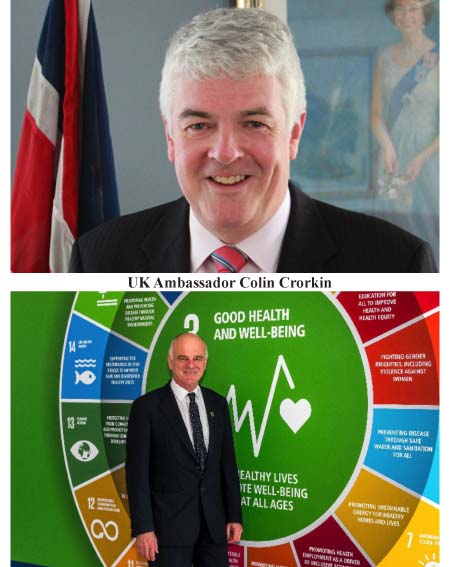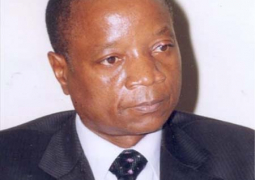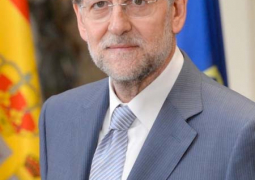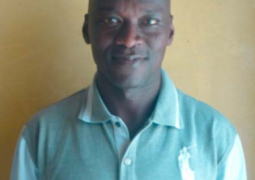
On
23 May health ministers from around the world will gather in Geneva to vote for
a new Director-General of the World Health Organisation (WHO).
It’s
a hugely important election for The Gambia, Africa and the wider world.
The WHO determines how the international
community responds to the growing threat of deadly diseases and pandemics, and
helps people everywhere get access to the health care they need.
Huge progress has been made in making the
world a healthier place. Major killers like malaria and polio have been
dramatically reduced.
But our world is challenged by a changing
climate, violent conflict, persistent poverty and poor nutrition.
And
the world is not immune to killer diseases. The Ebola outbreak in West Africa
showed how diseases can devastate communities, and have a lasting impact on
whole countries.
Leading the global fight against Ebola was UN
special envoy Dr David Nabarro. He is now running in the election to become WHO
Director-General.
Dr Nabarro’s experience is unrivalled – he has
spent over 40 years in international public health as a medical doctor,
educator, international public servant and diplomat.
He is the only candidate with experience of
leading the world in responding to disease outbreaks like Ebola and avian
influenza, and has worked on the frontline in over 50 countries including
Senegal, Sierra Leone, South Africa, Tanzania and Zambia.
If he is elected, the WHO will have the
technical expertise and leadership it needs to tackle a global health
emergency.
But the WHO also needs an upgrade so it can
respond to the challenges the world faces, better and more quickly. The
election of a new Director-General is a real opportunity to see positive
change.
Too many people in The Gambia face preventable
death, disease and suffering in their daily lives. And it is the poorest and
most vulnerable people that struggle the most. They are often blocked from
access to good health care, exposed to disease-prone environments or forced to
drink unsafe drinking water. We need a system that works for everyone.
The WHO needs to continue reforming and
improving. The best health security systems and programmes will help prevent
and reduce illness, and keep us as safe as possible from disease.
The UK will continue to lead global efforts to
fight deadly diseases that blight the lives of millions around the world, while
helping countries to build stronger health systems.
And we will push for international
organisations to improve so that they can protect us. The world deserves
nothing less, and that is why the WHO needs Dr Nabarro.
Author: Colin Crorkin
British
Ambassador





